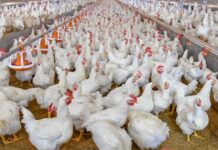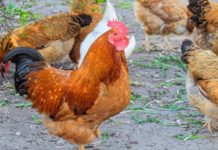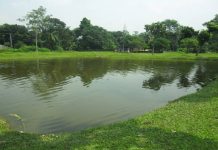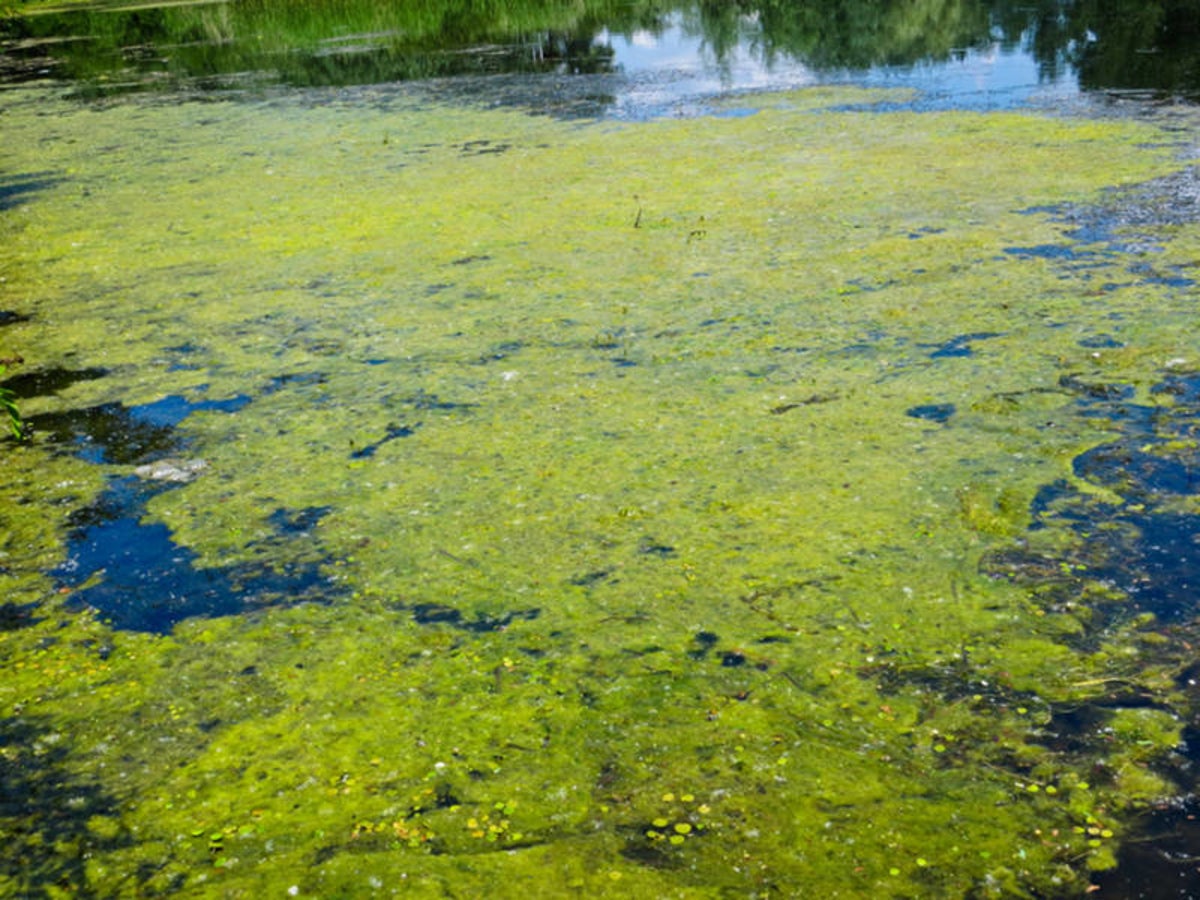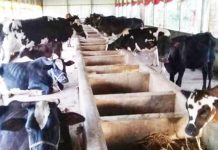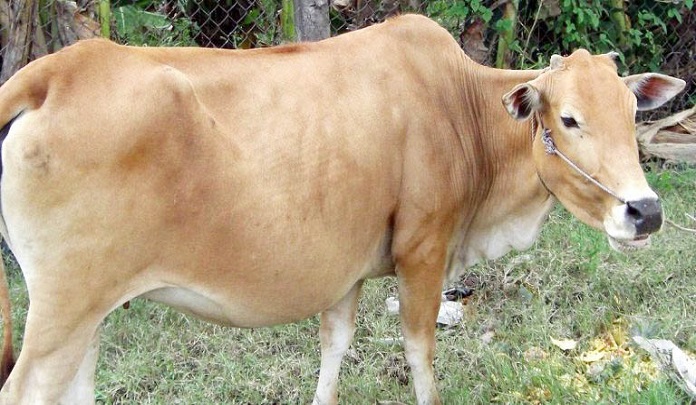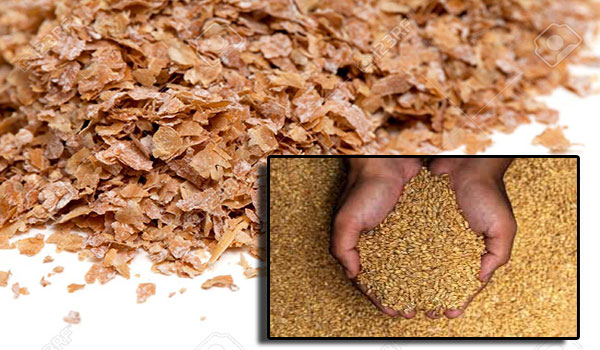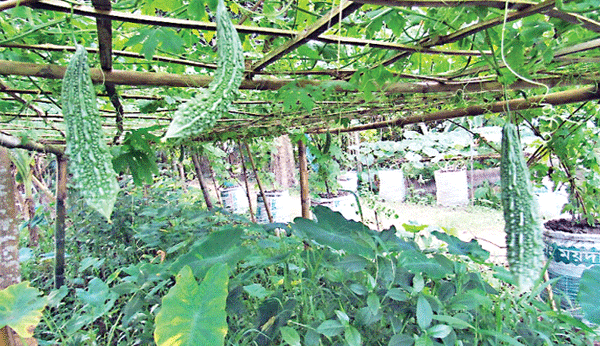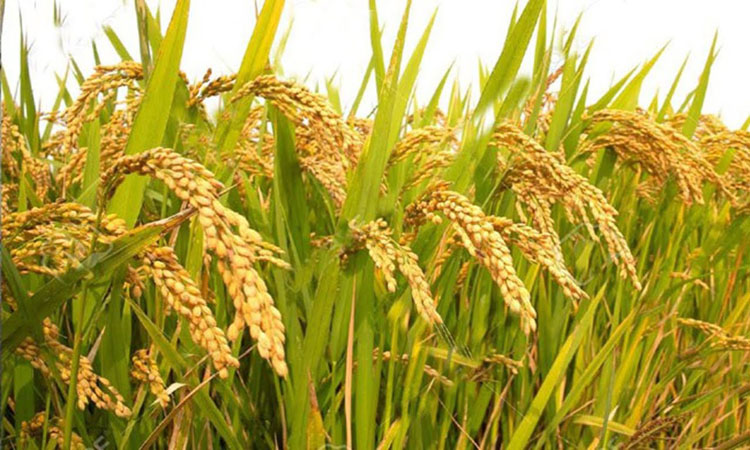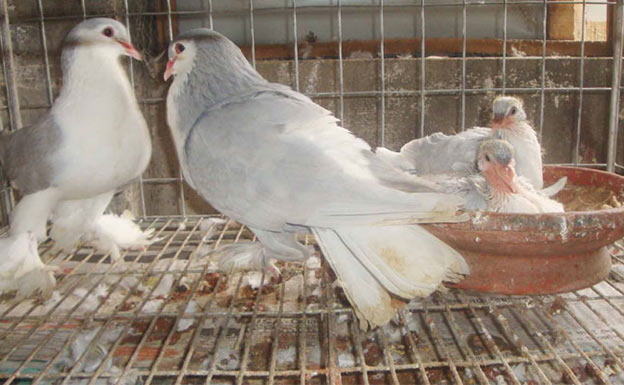Wetlands are invaluable components of the environment, ecology and biodiversity in Bangladesh. They are integral part of the local ecosystem based cultures.
Cultivation of rice is a major livelihood activity in and around the wetlands, but for the years it has been observed that most of the farmers are not able to harvest their yielded crops from haor basin due to climatic disaster.
About 50% rural people are directly dependent on agriculture for their livelihoods. In recent years, due to consistent decline in inland capture fisheries, agriculture has emerged as the overwhelmingly dominant sector of the economy in the areas. But early heavy downpour may cause considerable damage to these crops due to water logging. So, wetland remains submersed in water during a considerable time of the year.
This restricts farming activities severely, but the farmers (especially housewives) of different haor basins have adopted the practice of making sack gardens in order to ensure their survival.
At Hakaluki Haor area, Ohirkunji village in Dasherbazar union, Barlekha Upazilla, Moulvibazar, in the first phase, only three families started using such unique (sack gardens) method. Among those farmers, Kunjolota Biswas, 38, wife of Santi Lal Biswas, has reached the peak point as a successful farmer.
To learn more this writer talked to Kunjolota. She informed him that she has been practicing such unique method for the last one and a half years backed by ‘Suchana Program’ (a project implemented through Center for Natural Resource Studies (CNRS) and funded by UK aid as well as European Union). She cultivates vegetables by using sack gardening method. They consume a large amount of yielded vegetables and they sell rest of the produced vegetables to bring solvency to their family.
Not only Ohirkunji, but this unique method is expanding sharply in other villages as well. Local people are extremely keen regarding sack gardening and they have started to cultivate various vegetables. As the intensity of excessive rainfall causing flood has increased over the years and climate-induced disaster has already impacted the livelihoods of the local community, people living in the haor regions are compelled to receive a potential strategy like sack farming in order to promote their livelihood standards.
Though the strategy is new to many farmers, some organizations such as Save the Children, World Fish, Helen Keller International, iDE and icddr,b are helping them by providing training and counseling.
Finally, it is mentionable that chemical fertilizers are not used in sack cultivation in large amounts; therefore it can be said that the cultivated vegetables are much healthy. Moreover this cultivation practice does not harm the environment. So, we can say that it is a safe food production method and it can survive floods. The method is not still widely acclaimed for commercial cultivation but it is a better option for subsistence farming. source: daily sun
Writer: Arindam Bala (The writer is an environment activist writing from Barlekha, Moulvibazar.)
বন্যার্তদের জন্য হাবিপ্রবির শিক্ষক-কর্মকর্তা-কর্মচারীদের ১ দিনের বেতন প্রদান
EC Meeting of World Veterinary Poultry Association-Bangladesh Branch
রাজশাহীতে বন্যার পানিতে ভেসে গেছে সোয়া কোটির টাকার মাছ
farmsandfarmer24.com/m


